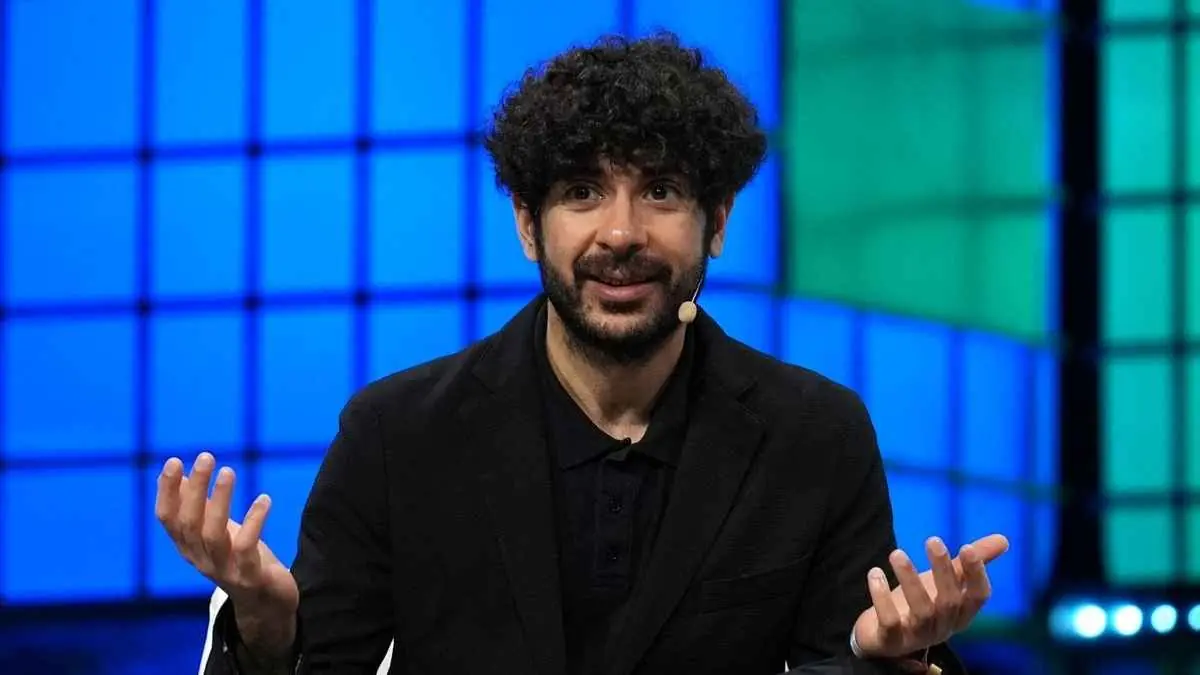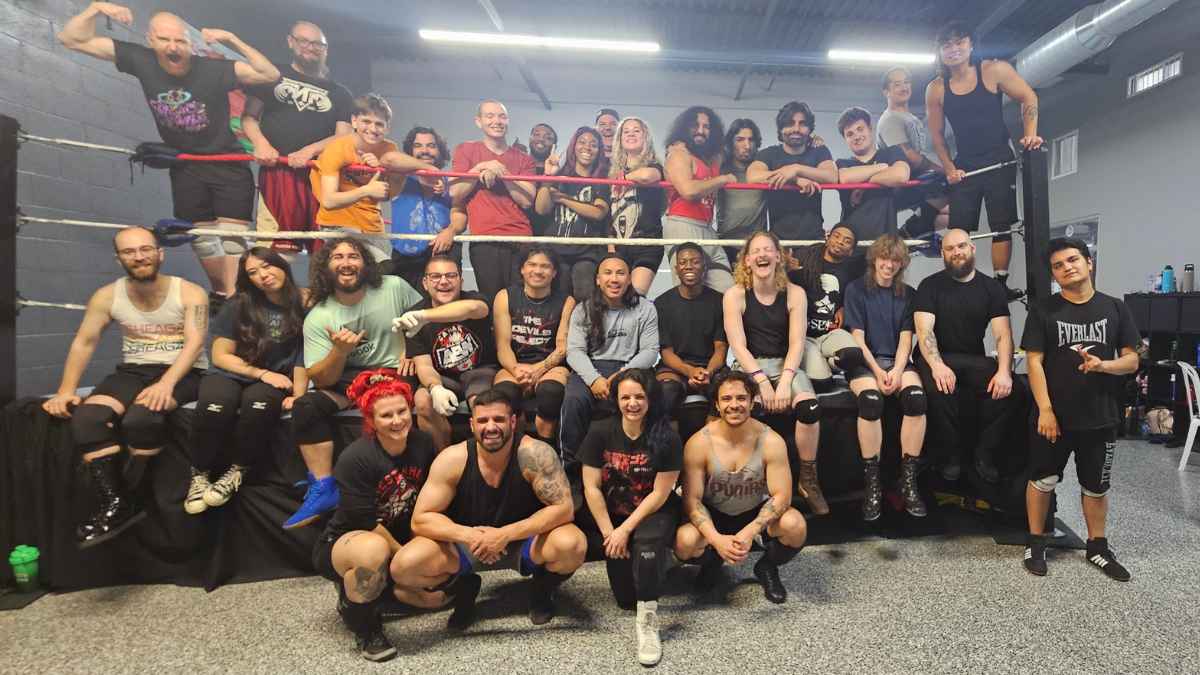TNA President Dixie Carter isn’t afraid to play the part of a proud den mother, singing the praises of her company’s stars, giving them the credit she feels they deserve for earning a two-hour time slot on Spike TV starting Thursday night.

Take, for example, the first two-hour show, taped last week. It won’t focus on new stars debuting or gimmicks. Instead, it’s almost a reward for those who made it possible.
“It featured all the guys that brought us to the dance. There wasn’t anybody stealing the thunder of those that had worked so hard to gain this two-hour spot,” Carter said during a short conference call with the wrestling media on Wednesday.
She was also very complimentary of Spike TV, thanking them for having the faith in TNA’s product to switch around its lineup.
“With the announcement of the two-hour show, Thursday nights become TNA night. UFC is moving to Wednesdays. We’re delighted with that,” she admitted. Down the road, the dream is a head-to-head battle with WWE on Monday nights. “At some point, I think and hope that we do go up against them.”
Unlike previous negotiations, where TNA was pitching to many who didn’t want to hear, this time around, there were other parties courting the company, including Fox Sports Net.
“When we started looking for a television home, wrestling was a dirty word quite honestly,” Carter said. The two years of solid growth and proving themselves has paid off. “This time around, there were multiple people who were impressed with what we were able to accomplish and it was a whole different ballgame for us. In the end, Spike has been a terrific partner from Day 1. They know this industry, they know how to market wrestling. I think you’re going to see a whole new relationship between our two companies.”
There may be more down the road with Spike TV, she teased. “It’s a four-year contract, and I think we will definitely look at doing specials as well as potentially some other programming. We’ve got some great concepts that we’ve been discussing. I wouldn’t be surprised to see TNA programming growing on Spike.”
From her perspective, Carter is looking forward to a slower pace to the longer show, giving the creative team a chance to showcase longer matches and the ability to develop more characters.
“There are so many talented guys on our roster that deserve that time,” she said. “When we were faced with 42 minutes, it gives you time to get three or four things across, which is still not that much — it felt too rushed. When you slow it down and do it the way it should be done, you’re only getting maybe one or two things across, and that’s not enough. We’ll see. I’m very confident that this two hours is going to allow us to spread our wings and do what we do best.”
Carter also touched on a few other topics:
The health of Judas Mesias (Ricky Banderas): “He is still injured and it could be another four to six weeks. We found out, literally, I believe the day before our two-hour taping that he had suffered an injury off a ladder in a main event match down in Mexico. He was in the hospital. He’s recuperating right now. As for Bound For Glory, I’m not sure to what extent he’ll be able to participate.”
House shows: “We’re looking at multiple markets for 2008. We hope to do the majority of our pay per views on the road. The live event part of our business is going to be the biggest growth segment of our company next year, 2008. We’re looking at a lot of cities, including New York. It’s time for us to get out there. Universal Studios has been great to work with.”
House shows in Canada: “We definitely want to get up to Canada.”
Steroid policy: “TNA has an active drug policy that’s in place which prohibits the use of all illegal drugs, or unprescribed medication of any kind, and obviously that includes steroids. For some time, we’ve been reviewing this policy to make sure that it protects our talent and maintains a safe, productive and really drug-free environment for these guys to work. This is, in my opinion, both a legal and a moral responsibility. We’re looking at better educating our talent, our families, as well as those who work with them, about the dangers of such substances. Rehabilitation is a big part of that. This is an area that continues to evolve and we’re all continuing to understand it better. No one has all the answers right now, but we will be adjusting policies accordingly.”
RELATED LINK



